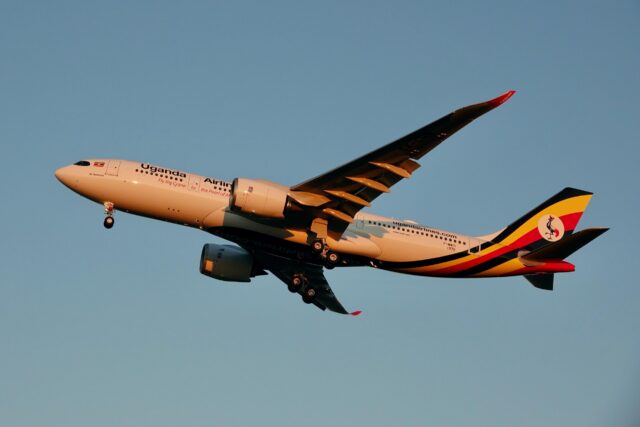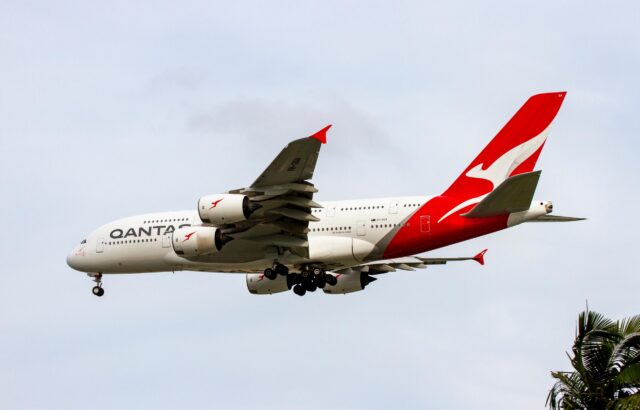Project Bromo: how Airbus, Leonardo and Thales plan to build a satellite giant to rival SpaceX

October 21, 2025

Europe’s leading aerospace companies — Airbus, Thales, and Leonardo — are close to forming a landmark joint venture to merge their satellite manufacturing operations.
The move is widely seen as Europe’s reply to Elon Musk’s Starlink and the rising dominance of US and Chinese space networks.
The proposed $11.6 billion venture, known under the working title Project Bromo, aims to consolidate Europe’s fragmented satellite industry into a single entity. This merger is intended to create something capable of competing on scale, cost, and speed with global players such as SpaceX, Amazon Kuiper, and China’s low-Earth-orbit constellations.
Airbus, Thales and Leonardo take first step towards European satellite merger
Sources familiar with the talks told Reuters that the three groups had reached a framework agreement that could be ratified following board and regulatory approvals.
Leonardo’s board is due to discuss the proposal at an extraordinary meeting, while Airbus and Thales have signalled that discussions with European governments and the European Commission are underway.

The new company would follow a model similar to MBDA, Europe’s pan-continental missile maker jointly owned by Airbus, Leonardo, and BAE Systems. Under that structure, cross-border operations are managed jointly, while individual national interests, such as sensitive technologies or defence contracts, are protected through dedicated entities.
Project Bromo: Europe’s $11.6 billion answer to Starlink
Europe’s leading space manufacturers have been in discussions for over a year on how to respond to the rapid expansion of SpaceX’s Starlink, which recently marked its 10,000th satellite launch.
Starlink’s low-orbit constellation has transformed global broadband delivery, with around 8,680 satellites currently in orbit and thousands more approved for launch by 2026 under US Federal Communications Commission authorisations.

By contrast, European satellite builders such as Airbus and Thales Alenia Space have traditionally focused on large, geostationary satellites that are expensive to produce and slower to deploy. The rise of smaller, cheaper low-Earth-orbit (LEO) systems has forced a strategic rethink.
The planned merger would bring together the satellite divisions of Airbus, Thales Alenia Space (a Thales-Leonardo joint venture), and Telespazio, co-owned by Leonardo and Thales. Combined, these businesses generate annual revenues of around €6–6.5 billion, giving the new venture an estimated valuation of about $11.6 billion.
Governance and political hurdles for Airbus-Thales-Leonardo merger
Negotiations have not been straightforward. Disputes over governance, valuation, and the division of work between France and Italy stalled progress during the summer. Insiders said the political situation in Paris also complicated discussions over where to locate key operations.
Talks resumed in September, with the companies now reported to be finalising ownership structures expected to reflect broadly equal shares. The venture is likely to be headquartered in Toulouse, aligning with Airbus’s main space operations, though officials have stressed that arrangements are still under review.
Analysts say the most significant challenge will be European Commission competition approval, given that previous merger attempts in the sector failed on anti-trust grounds.
Europe’s fragmented space industry faces pressure to consolidate satellite manufacturing
Efforts to merge Europe’s satellite makers have repeatedly foundered on national rivalries and differing industrial priorities, but market pressures have intensified. Consultancy Novaspace forecasts that 43,000 satellites will be launched globally over the next decade, representing a $665 billion market in manufacturing and launch services.

Without consolidation, analysts warn that Europe risks losing competitiveness as production shifts to mass-manufactured constellations in the United States and China. Airbus CEO Guillaume Faury confirmed that the partners are now in discussions with governments and regulators, adding, “We are on the way.”
All three companies have state shareholders, meaning national governments will need to endorse any agreement. Officials in France, Italy, and Germany have so far declined public comment, but political signals are described as “broadly encouraging.”
Thales Alenia Space opens new smart satellite factory in Rome
As merger talks advanced, Europe’s satellite ecosystem received another boost with the inauguration of the Space Smart Factory in Rome earlier this month, a new $115 million digital production hub operated by Thales Alenia Space, the joint venture of Thales (67%) and Leonardo (33%).
Opened by Italian President Sergio Mattarella in October, the facility is designed to produce over 100 satellites a year using advanced robotics, automation, and modular cleanroom configurations. Funded jointly through Italy’s Recovery and Resilience Plan (PNRR) and private investment, the plant represents one of Europe’s most modern space manufacturing centres.
The factory will handle production for the Sicral 3 defence satellite, second-generation Galileo navigation satellites, and new Copernicus Earth-observation missions. Italian Minister for Enterprises Adolfo Urso called it “a strategic step to strengthen the national space supply chain and consolidate Italy’s leadership.”
Executives from Thales and Leonardo said the facility would serve as a model for future European satellite production, helping shorten delivery times and integrate smaller suppliers and research institutions into the space industry value chain.
Project Bromo could reshape Europe’s space industry power balance
If completed, Project Bromo could reshape the structure of Europe’s space industry within two years. By uniting production under one corporate umbrella and streamlining governance, Airbus, Thales, and Leonardo aim to lower costs, accelerate manufacturing, and secure a larger share of the expanding global satellite market.
The new entity would also give Europe a consolidated industrial platform for sovereign communications and defence constellations, complementing ongoing European Space Agency programmes such as HydRON, which is developing laser-linked optical networks for ultra-high-speed data transfer.
As competition in low-Earth-orbit communications intensifies, the merger represents Europe’s bid to remain competitive in the rapidly evolving satellite economy.
















